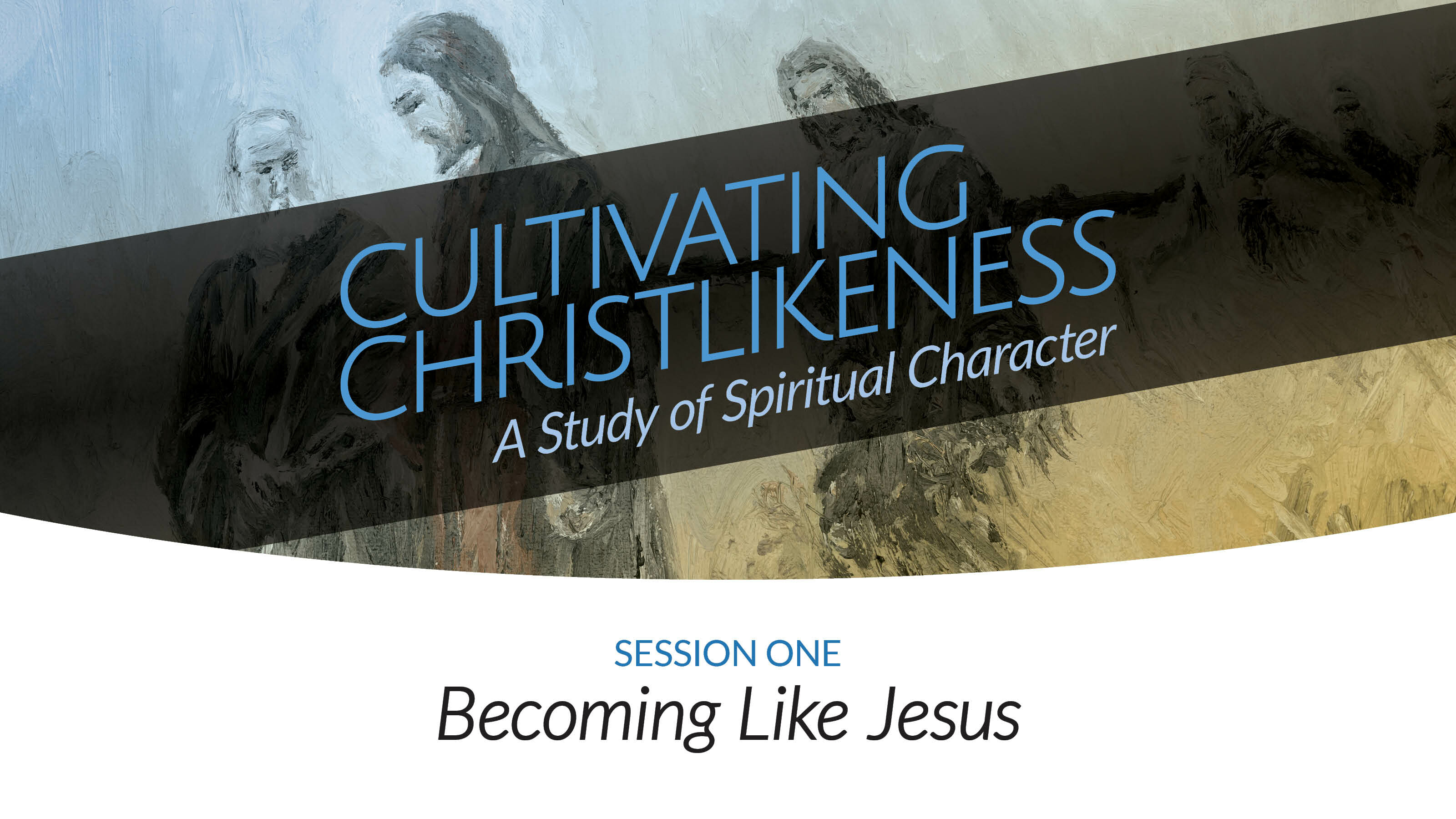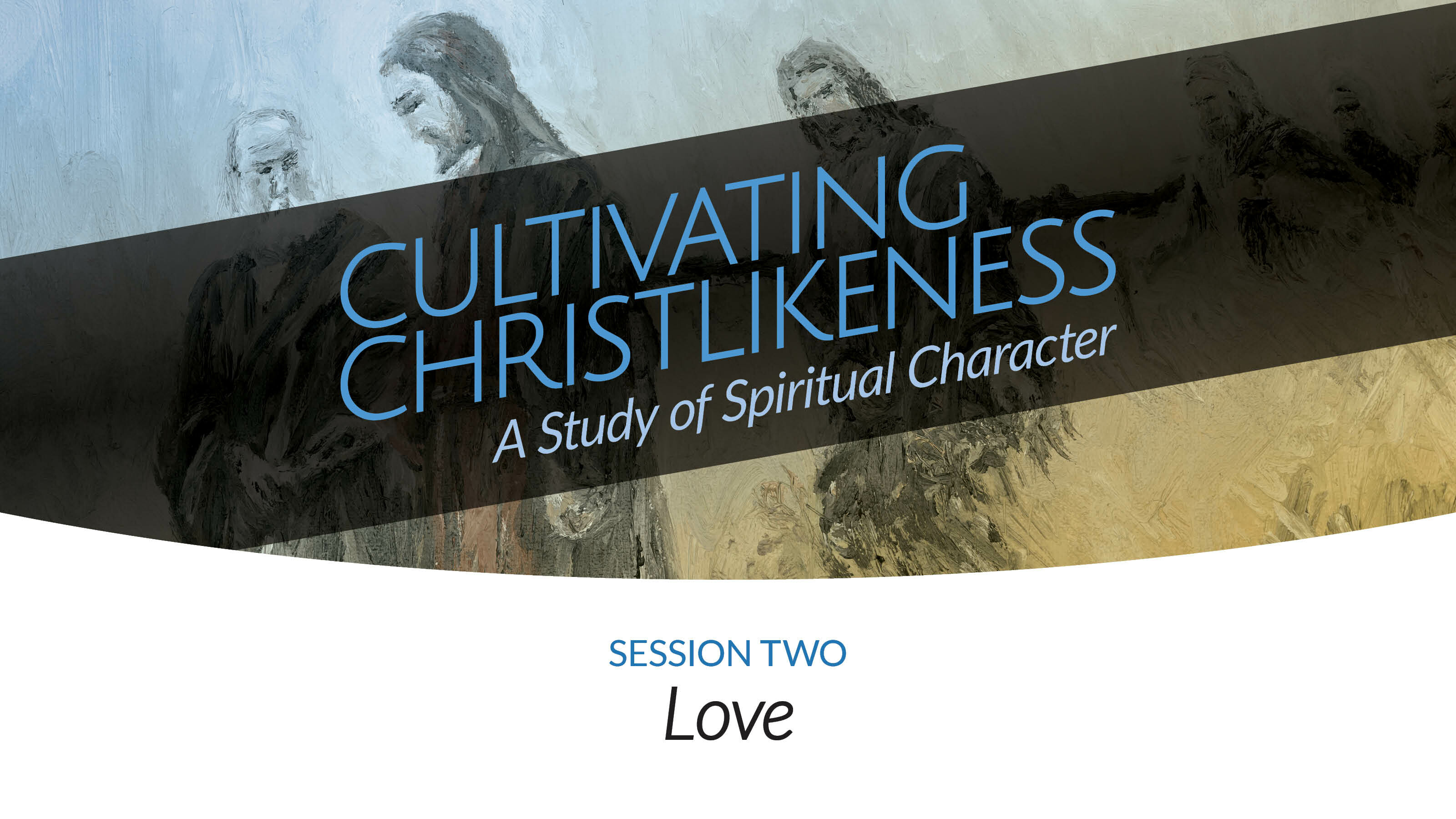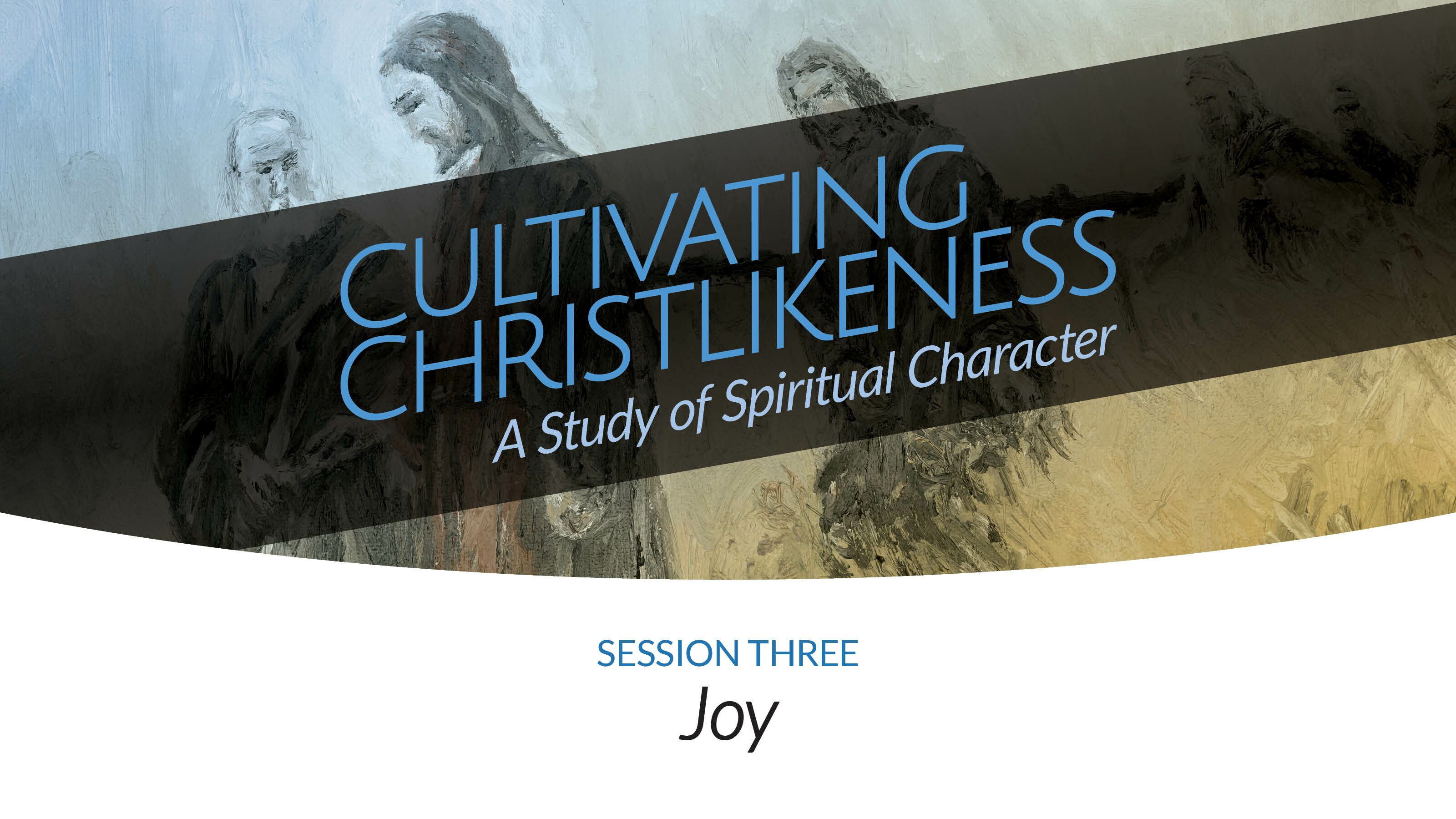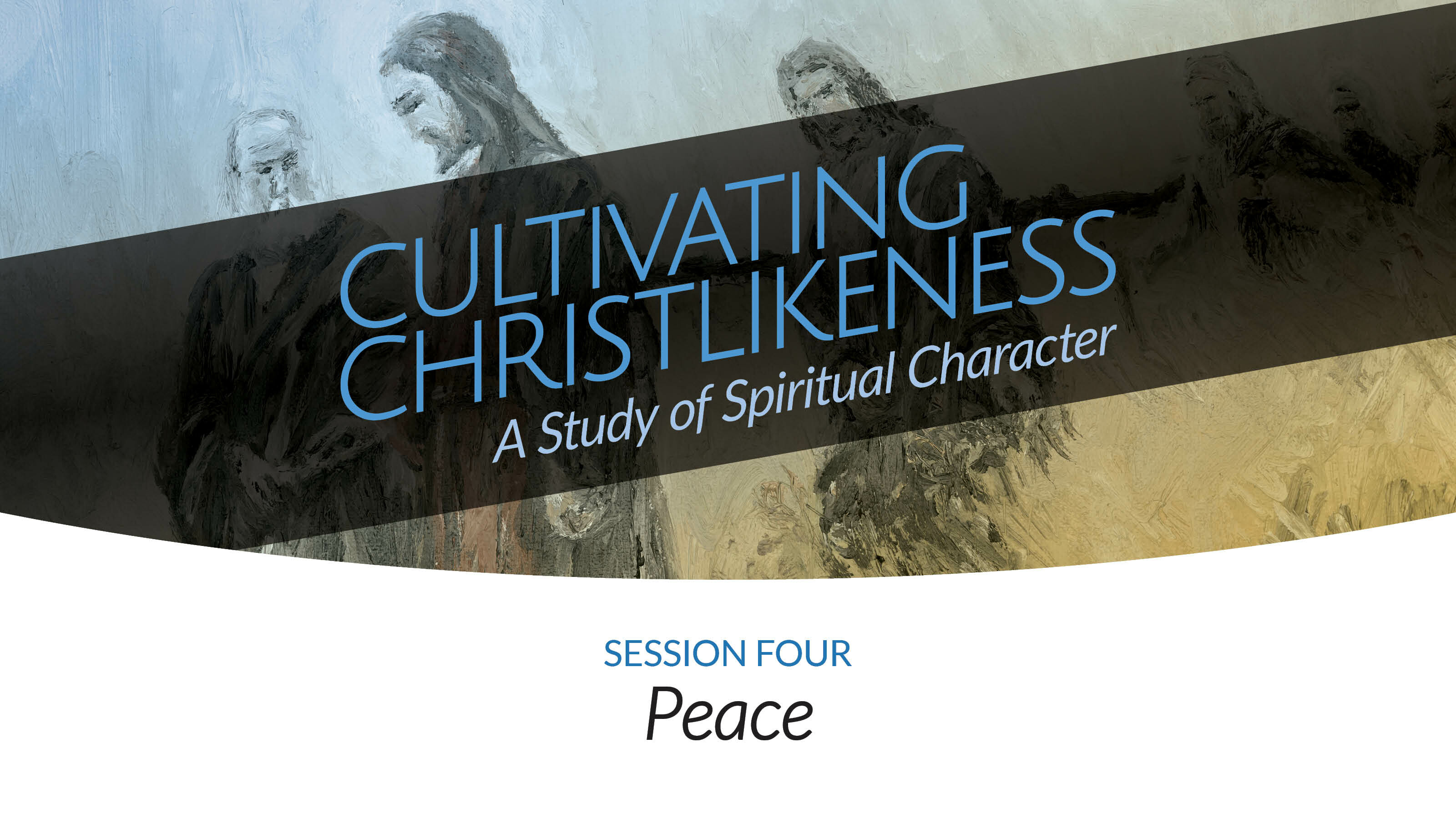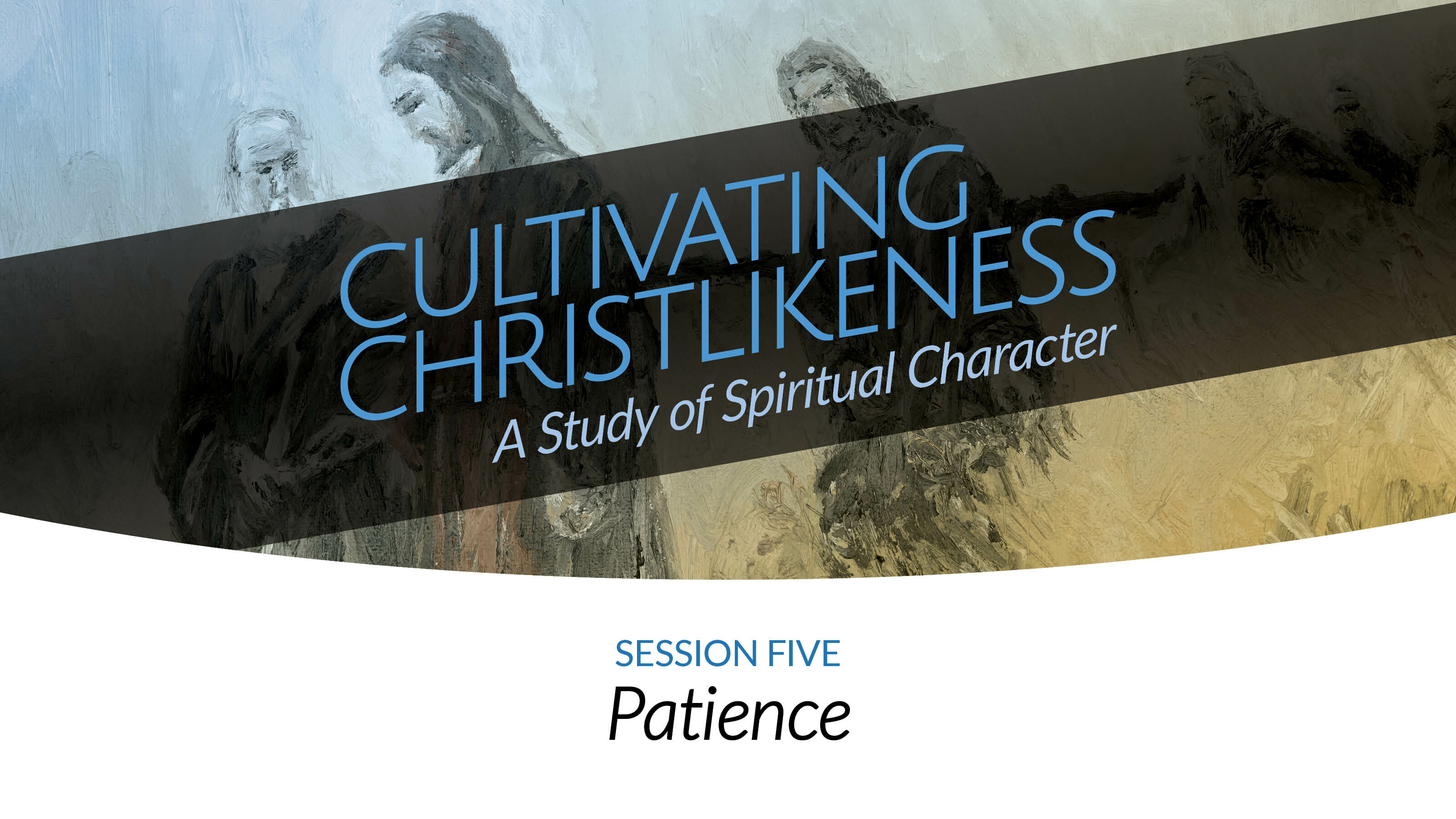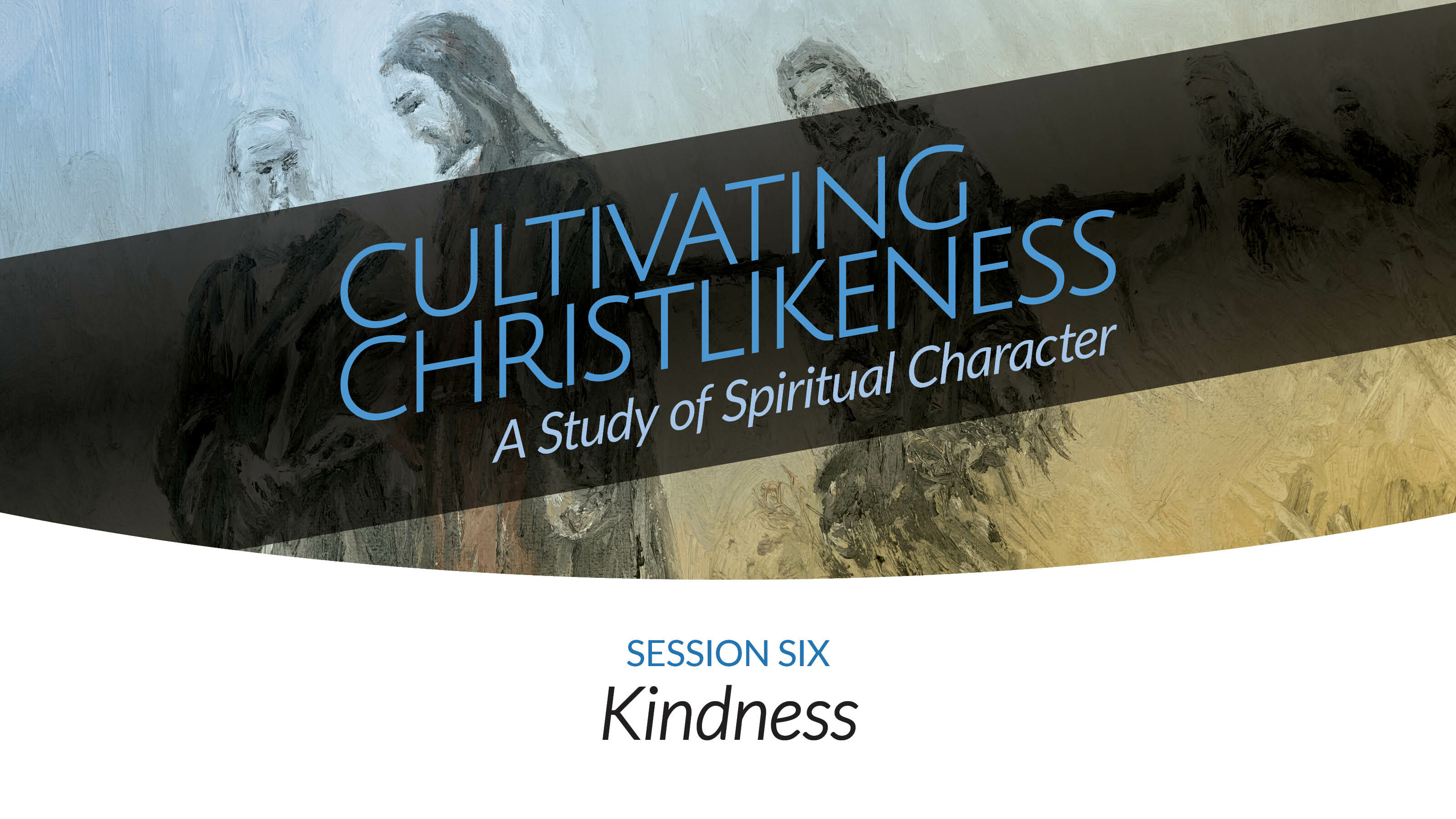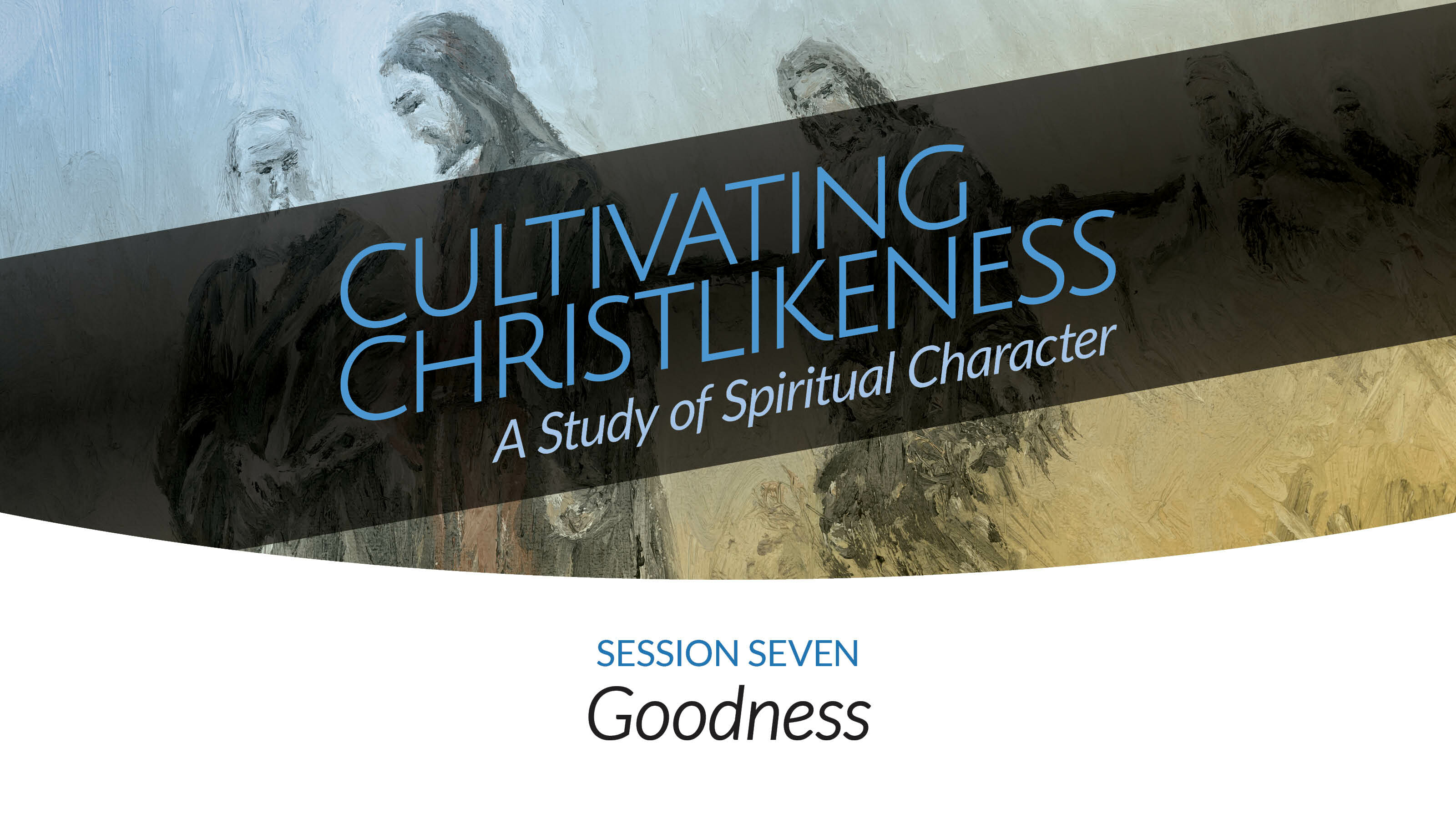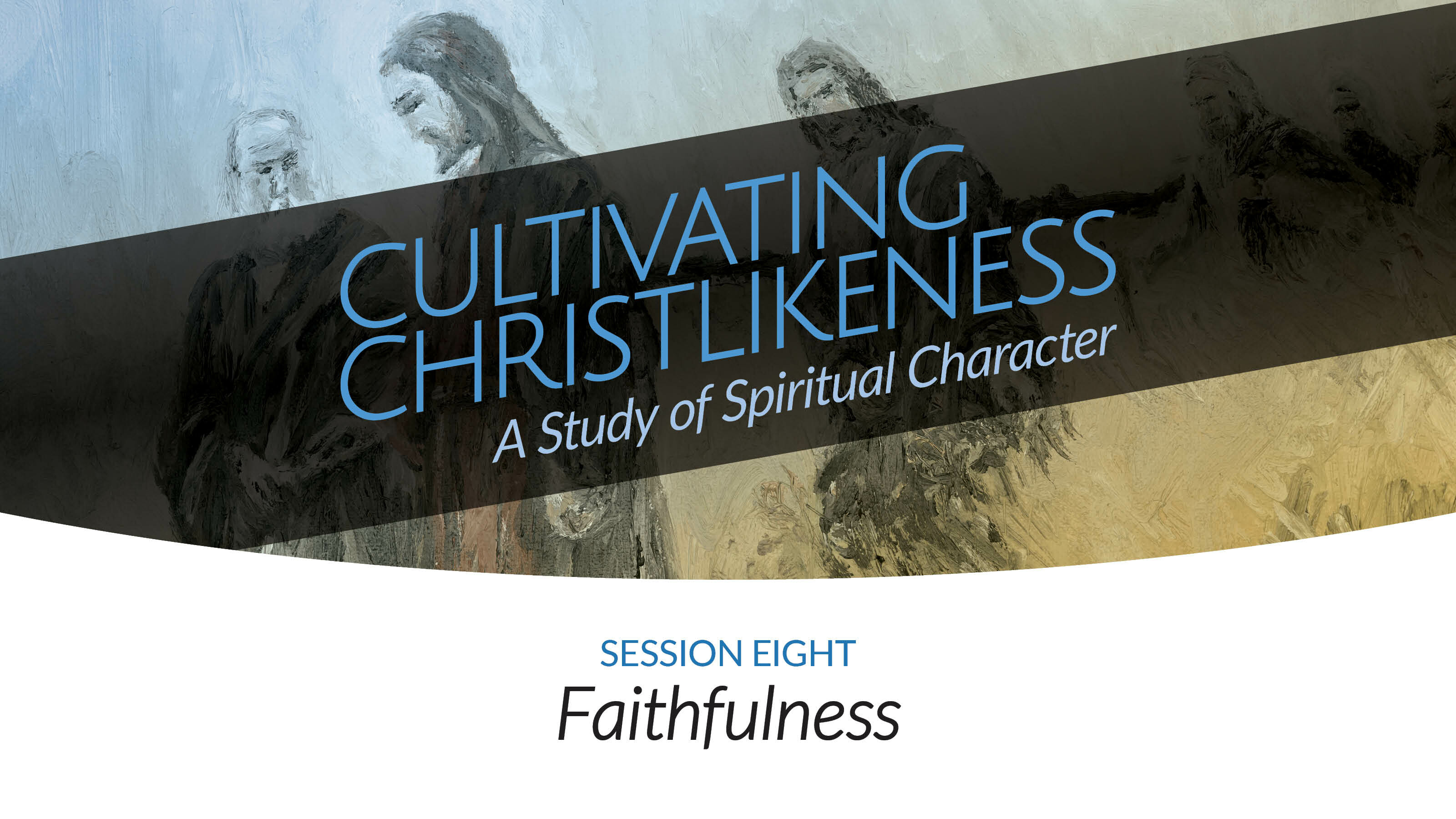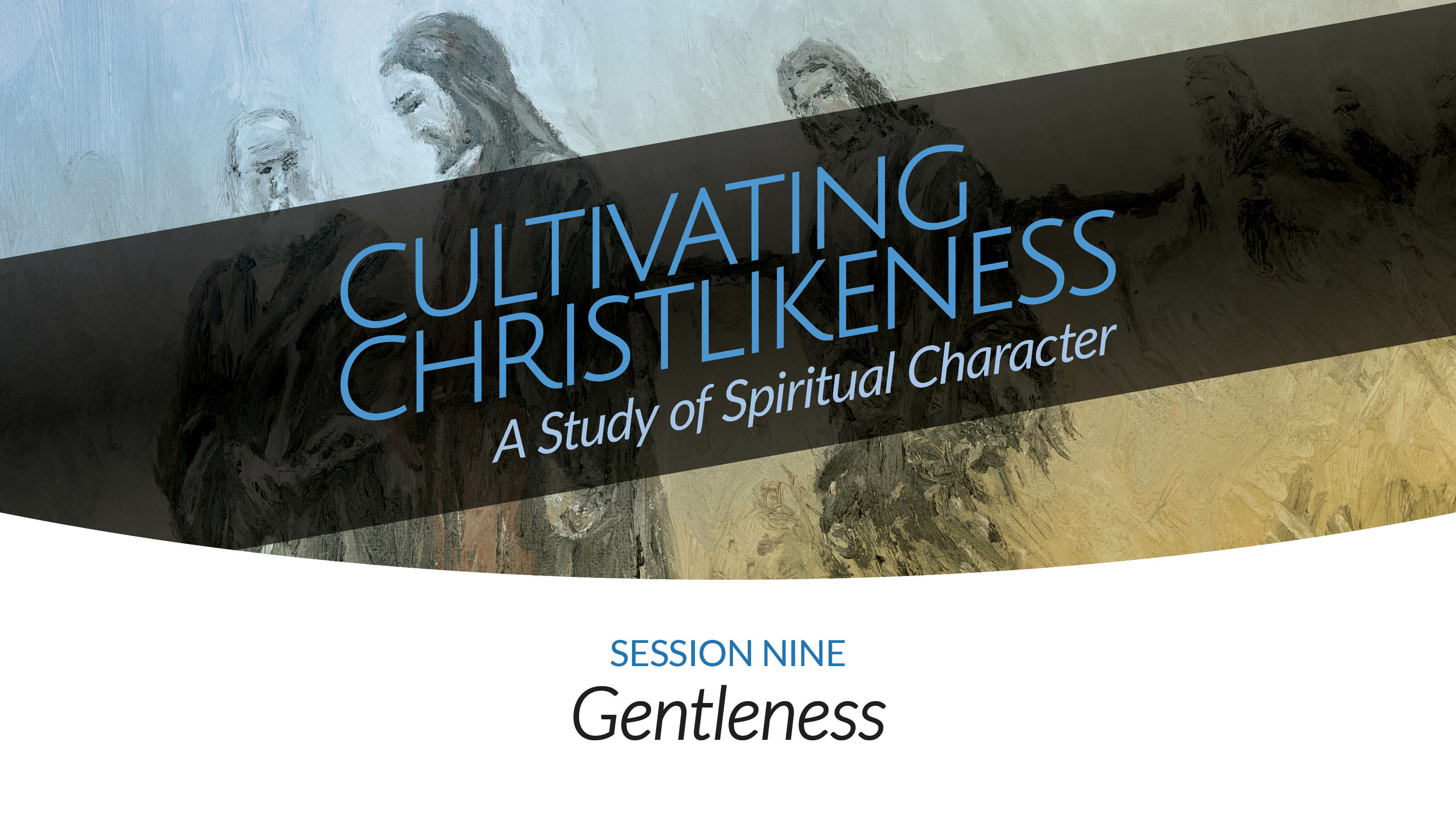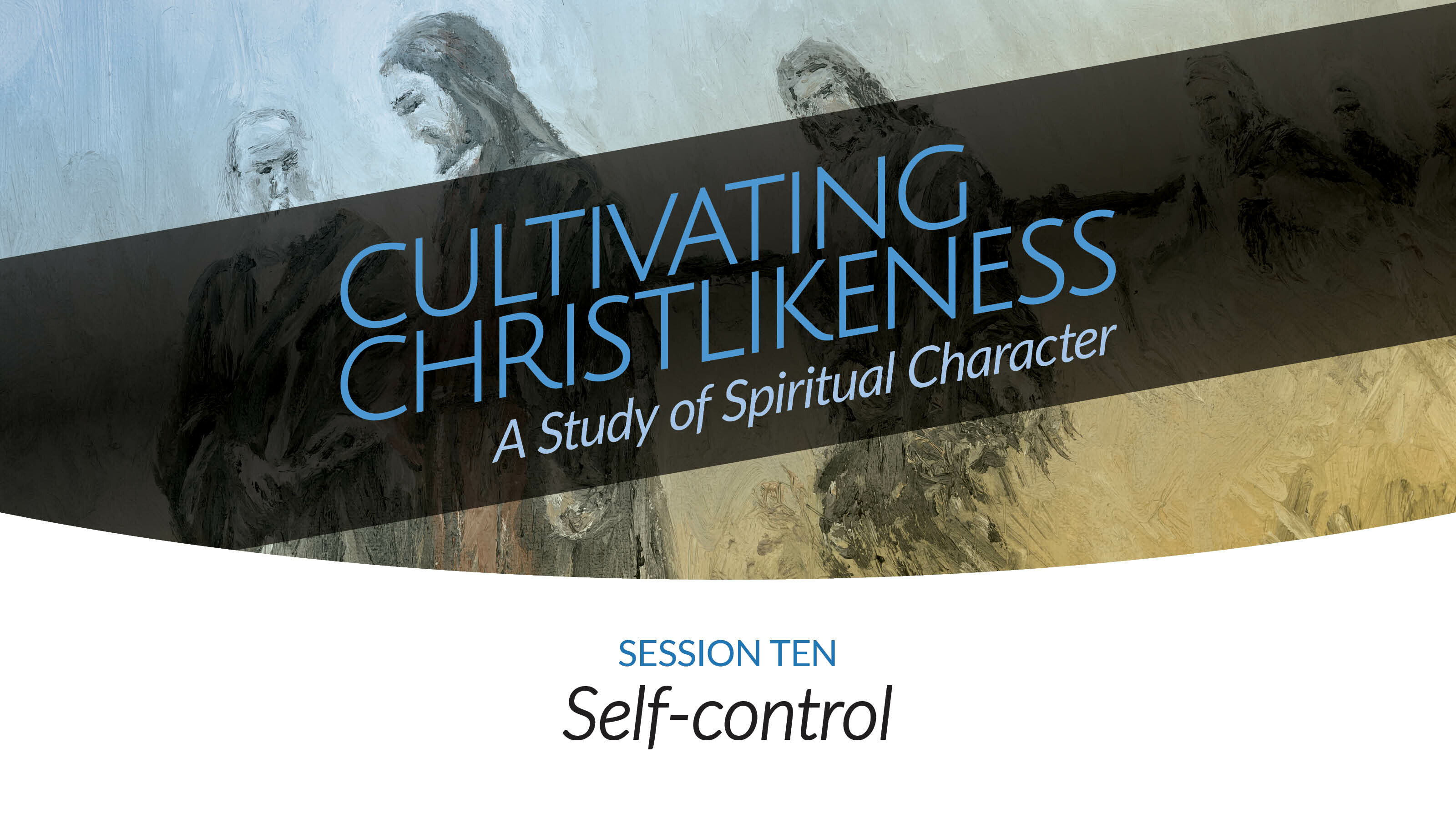Still can't find what you are looking for? Let us know how we can help.
Use the login below to access your InFellowship account.
Need an account?
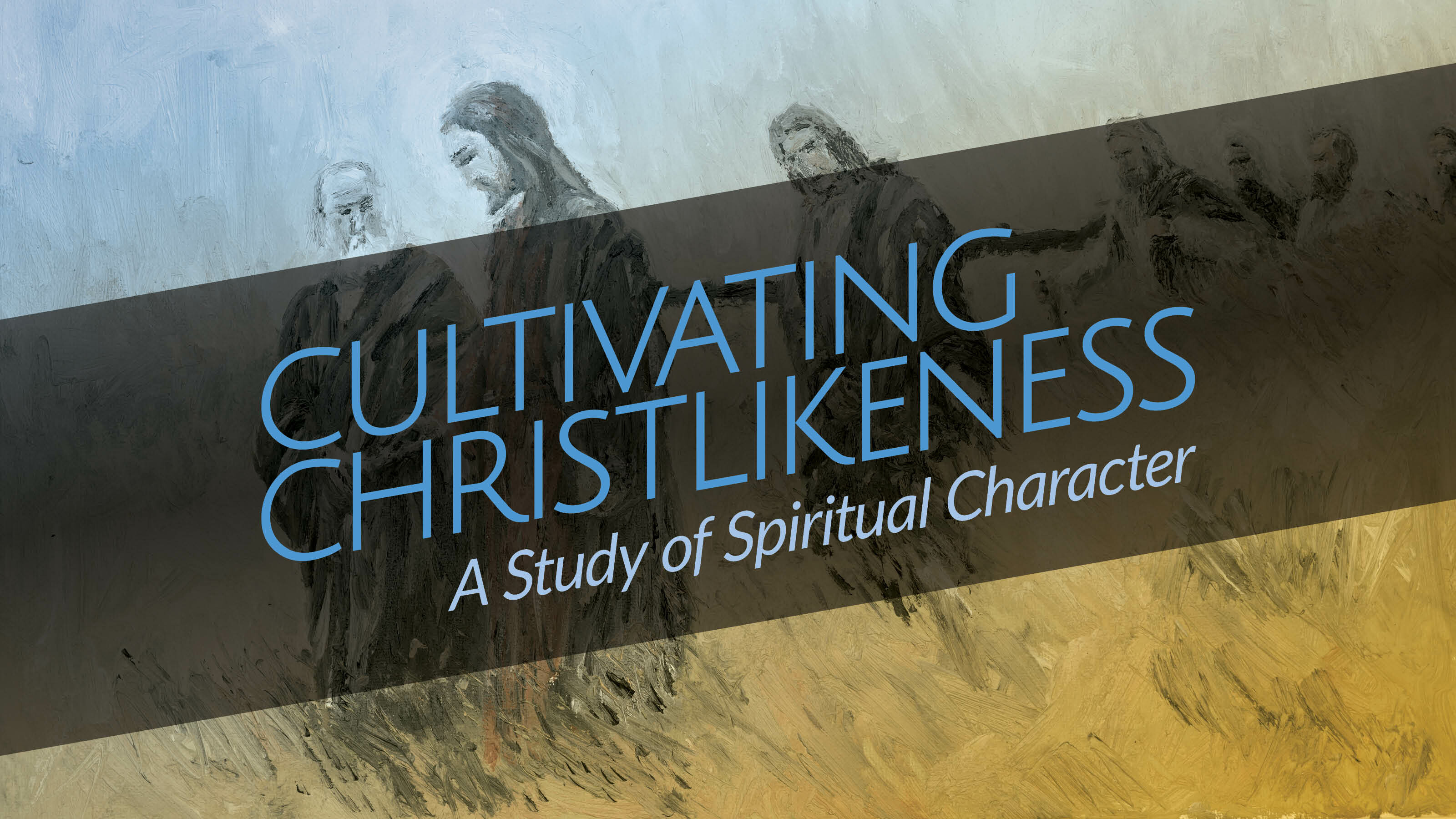
Study Description
Christians often talk about "living like Jesus," But what does that really mean? The Apostle Paul summarizes Christlikeness in nine words: love, joy, peace, patience, kindness, goodness, faithfulness, gentleness, and self-control. These "fruits of the Spirit" are the visible evidence of God’s Spirit at work in a person’s life, qualities which Christians are called to cultivate.
In this study, we look at each of these nine aspects of spiritual character in order to better understand what it means to be like Jesus, for the sake of the world.
Details
- Length: 10 sessions
- Teachers: The Rev. Dr. Jonathan Bailes
- Leader's Guide: Discussion questions are available for small group leaders.
Access Leader's Guide
Watch the Series
1. Becoming Like Jesus
"God wants his people to become like Christ, for Christlikeness is the will of God for the people of God." All throughout history, Christians have spoken frequently about imitating Christ, but what does it mean? In this session, we explore this question through Paul's description of the 'fruit of the Spirit' in Galatians.
2. Love
Love, according to the English spiritual writer, Evelyn Underhill, is the virtue from which all others spring, the "living, eternal seed, from which all grow." But what is distinctive about it, the love that we see manifested in the life and person of Jesus? And how can we cultivate it in our lives today?
3. Joy
Pope Francis once said, "A healthy Christian is a joyful Christian." For many people, however, this claim will sound either absurdly sentimental or woefully out of touch. How can Christians be a people of joy when their lives and their world are so frequently beset by tragedy and sorrow? In this session, we seek to learn the specific character of joy in the Bible and the ways we can cultivate that gladness.
4. Peace
"So far as it depends upon you," St. Paul wrote to the Christians in Rome, "live peaceably with all." In the Bible, true peace, the peace that is shalom, is possible when we live in right relationship with God, with one another, and with creation itself. But how can we obtain such peace? In this session, we will learn that peace is both a gift and a way of life.
5. Patience
We live in a busy, impatient world. Impatience was present in the first sin of Adam and Eve and in many, many sins since. How can we cultivate patience in a manner like Christ? In this session, we examine the nature of patience as expressed by Jesus and discuss how, together in Christian community, we can learn to bear patiently with one another in love.
6. Kindness
Kindness is commended in modern life. We teach children to "be kind" and encourage adults toward "random acts of kindness." The apostle Paul, likewise, identifies kindness as one of the defining characteristics of Christ. But how do we cultivate this fruit in our lives today? In this session, we examine how the Gospel helps us overcome the self-sufficiency and individualism that often stand in the way of kindness.
7. Goodness
Goodness can refer to so many things: a good car, a good meal, a good friend, a good man. But do we really understand what it means? In this lesson, we take up the question of "goodness" and discover how God is its one and only standard and definition. Christians can cultivate goodness through the practice of contemplating Christ and by studying the saints.
8. Faithfulness
Studies suggest that Americans today trust each other less and less. Yet, according to the apostle Paul, faithfulness is one of the key distinctives of a Christlike community. In this session, we discuss how God models faithfulness to his people, which in turn, makes it possible for his people to be dependable, trustworthy, and committed to one another.
9. Gentleness
Of all the fruits of the Spirit, perhaps the strangest to both ancient and modern cultures is that of gentleness. Gentleness sounds like weakness, and weakness is untenable in the rough-and-tumble "real world"—or so we hear. Nevertheless, Jesus is an exemplar of gentleness to all who disagreed with him, and he commends us as his followers to likewise be gentle.
10. Self-control
Self-control is widely admired, from the ancient world to our culture today. We are tempted to believe that through personal discipline, we can attain greatness. But the apostle Paul does not regard self-control as the cure to our unruly passions, but rather commends us to rely on the presence and work of the Holy Spirit. In this final session, we discuss how self-control is a result of the "means of grace."
![]()
Find "Christ Church Studies" on Your Podcast Provider
Never Miss a Podcast
Get an email notification whenever Christ Church Plano releases new video and audio content on podcast or livestream. Customize which notifications you would like to receive.
